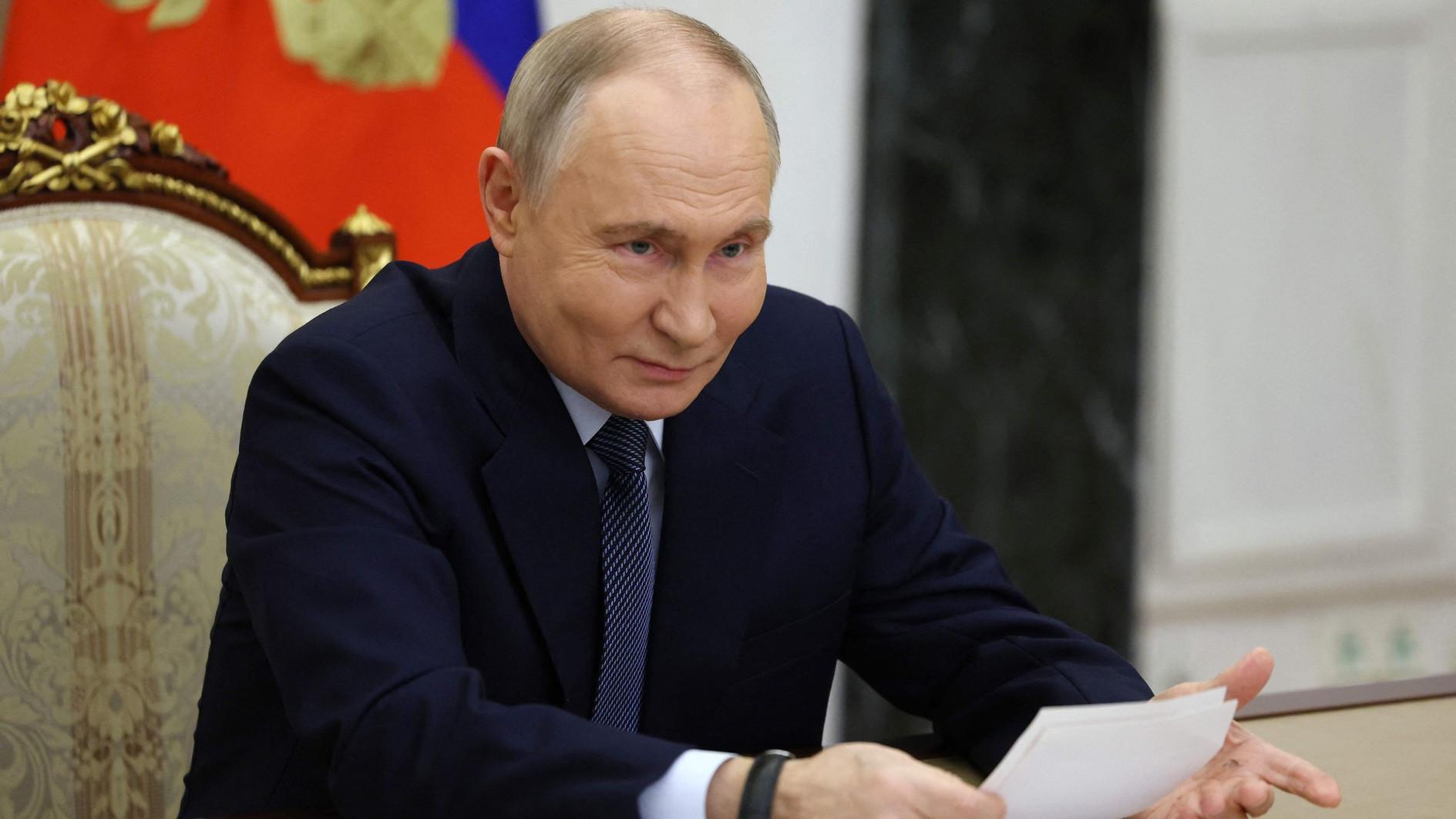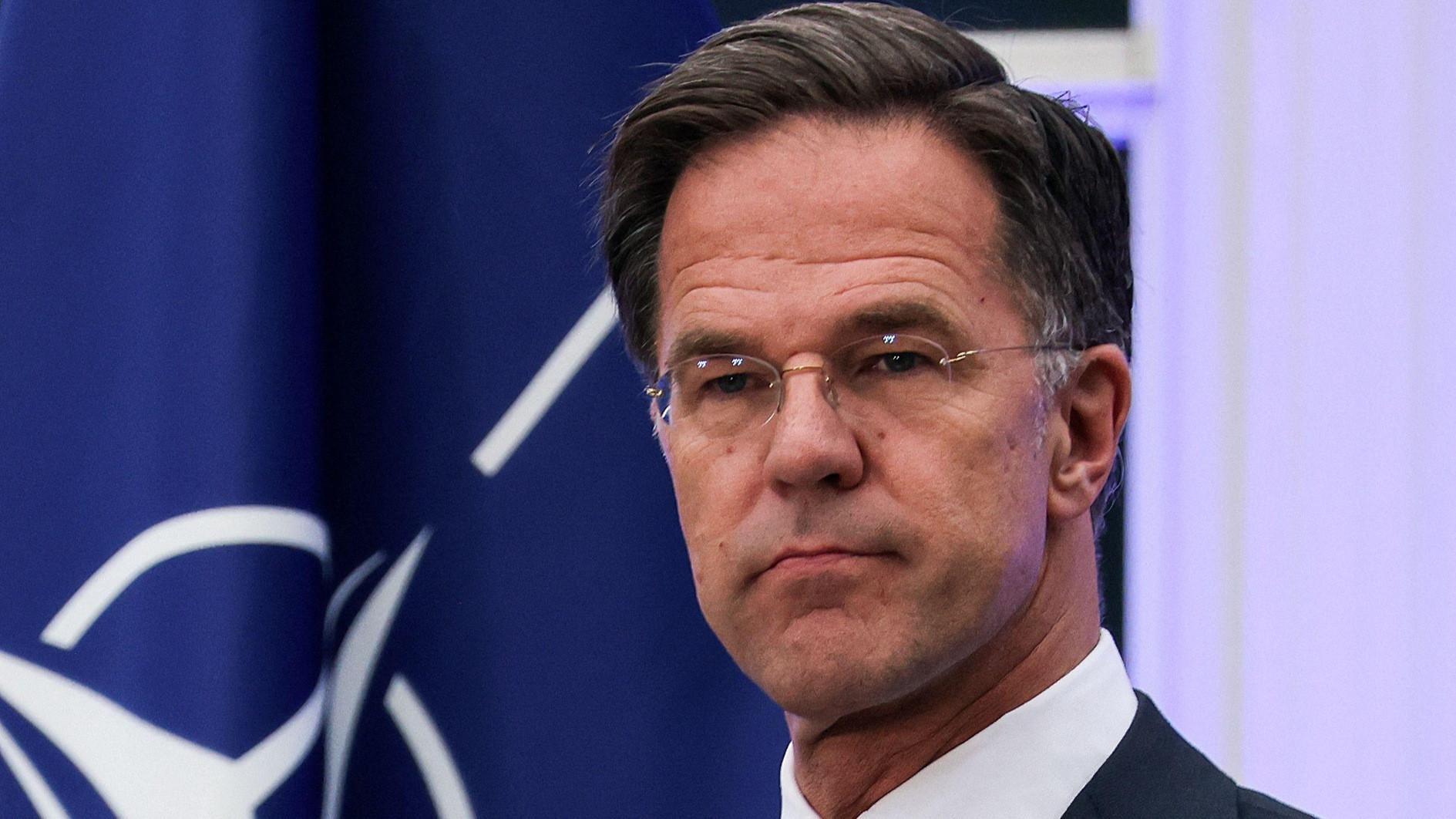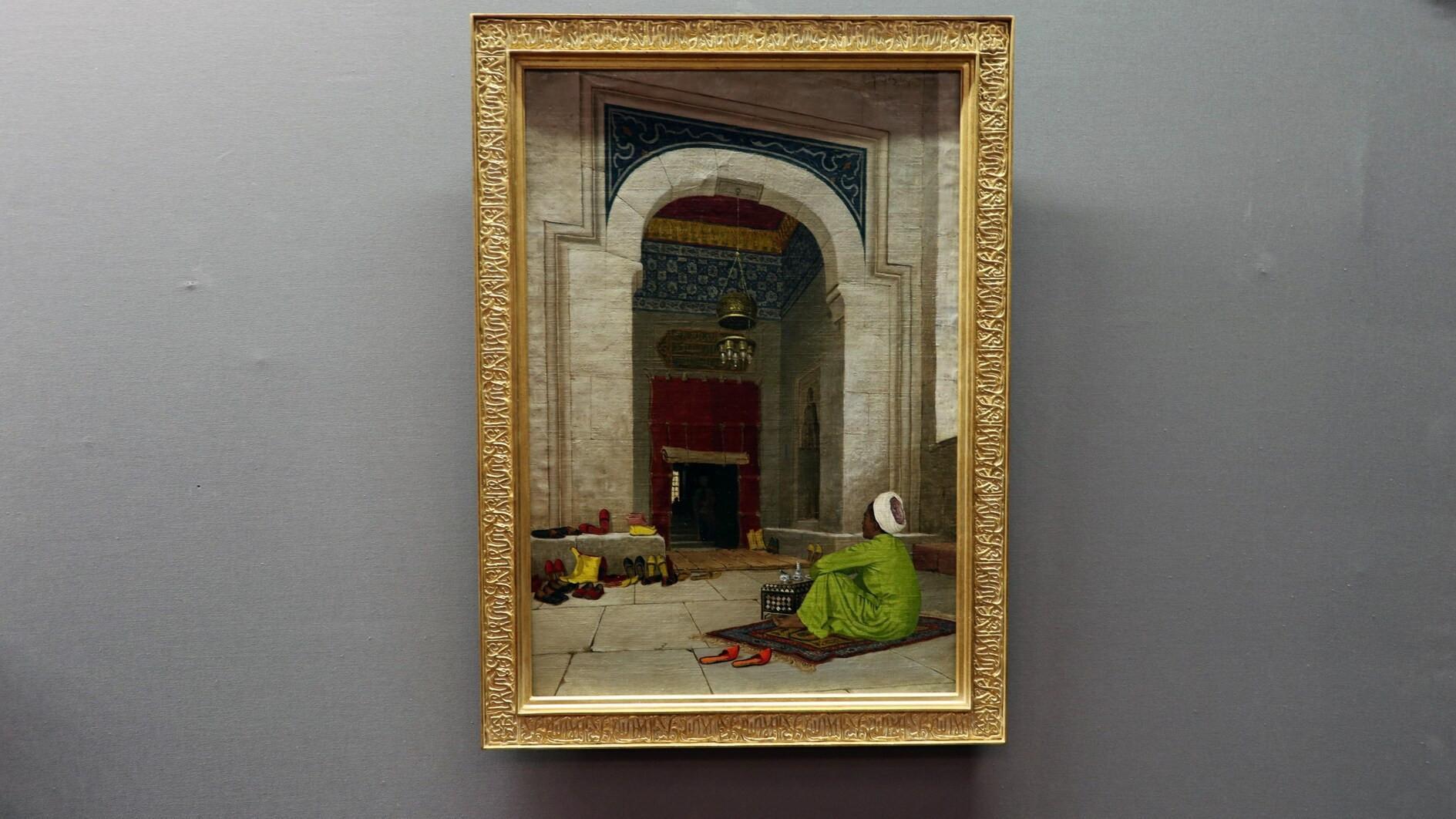Europeans should thank Russia on Turkey
It seems difficult to please Turkey’s Western allies when it comes to relations with Russia. They are concerned when there is tension between the two, but they are equally worried when relations warm up again.
That is what we have witnessed over the course of the past year. The escalation of tension between Ankara and Moscow following the downing of the Russian plane was met with concern, with Turkey’s allies fearing a potential collision course requiring the intervention of NATO.
But when Turkey offered an apology and the ice was broken between Ankara and Moscow, question marks were raised about whether Turkey will drift away from Europe and towards Russia.
But sometimes Turkey’s Western friends forget that their own actions can push Turkey toward Russia.
Contrast the democratic West’s tepid reaction to the failed coup attempt with the more supportive reaction from Russia, seen by most in the West as a quasi-dictatorship. Then think about how annoyed Turkey must be to see intensified cooperation in Syria between the U.S. and the Democratic Union Party (PYD), which in the eyes of Turkey is an extension of the outlawed Kurdistan Peoples’ Party (PKK). Try to imagine how angered Turkish officials were to see the PYD consolidating its territorial gains near the Turkish border with the help of the U.S., just as Turkey wages a military campaign in its southeast against the PKK. Add to this the frustration of seeing Turkey’s warnings to its American allies about the PYD fall on deaf ears, as Washington’s priority is defeating the Islamic State of Iraq and the Levant (ISIL). What would you do?
You need to show a military presence on the ground to stop the PYD advancing. But you cannot because the Russians have landlocked you to within your border since the plane incident.
To fix this situation you have to mend ties with Russia, which will not only enable you to enter Syria but also to reverse the economic hardships caused by Moscow’s sanctions imposed after the jet downing. This is what Turkey has just done.
Perhaps Turkey’s Western allies should thank Russia for the leverage they seem to be lacking. It is thanks to Russia that Turkey has altered its Syrian policy. That in turn enabled the Turkish Armed Forces to enter Syria to stop the PYD but also to target ISIL, which should please the West.
It should be obvious by now that it was not just Turkey’s apology that broke the ice. Ankara and Moscow have certainly reached an understanding that Turkey will no longer push its line that Syrian President Bashar al-Assad needs to be toppled even if this means supporting hardline Islamist groups.
It is no coincidence that we see an alteration of Turkey’s rhetoric regarding a transition with al-Assad, something that it had been strongly against. That should be a welcome development. No one seems to be questioning this in the Western press, but it seems that European capitals are not necessarily against a transition with al-Assad either. In fact, I bet many would rather see him continue if that means the defeat of ISIL and a halt to the refugee flow from Syria.
Meanwhile, Turkey’s improving relations with Russia do not mean it will turn its back on Europe. The economic hardships that followed the crisis with Russia must have shown Ankara that the main backbone of Turkey’s economic strength remains its ties to Europe. In contrast to Russia, commercial relations with Europe continue despite many political disagreements. That’s the positive side of remaining anchored to European democracies, because in contrast to Russia, Europe does not just push the stop button when there is a bilateral political crisis.











